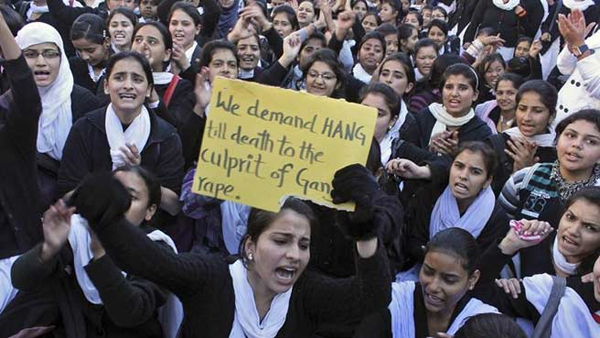
Singapore, December 28: The 23-year-old Delhi gang rape victim has significant brain injury, infection in lungs and abdomen and she is currently struggling against all odds at Mount Elizabeth Hospital, where her condition continues to be extremely critical, the hospital said on Friday.
“Our medical team’s investigations upon her arrival at the hospital on Thursday showed that in addition to her prior cardiac arrest, she also had infection of her lungs and abdomen, as well as significant brain injury,” said Dr. Kelvin Loh, Chief Executive Officer, Mount Elizabeth Hospital.
In a statement, Dr. Loh said, “The patient is currently struggling against the odds, and fighting for her life.”
Briefing reporters on the girl’s condition, Loh said, “As at 28 December, 11 am (8:30 IST) the patient continues to remain in an extremely critical condition.”
She had undergone three surgeries at the Safdarjung Hospital in Delhi, where she remained on ventilator support during most part of the treatment. Doctors removed major part of her intestines, which had become gangrenous.
“A multi-disciplinary team of specialists has been working tirelessly to treat her since her arrival, and is doing everything possible to stabilise her condition over the next few days,” Dr. Loh said.
“The High Commission of India has been fully supportive in helping the hospital and her family, and ensuring that the best care is made available,” he added.





Comments
Add new comment